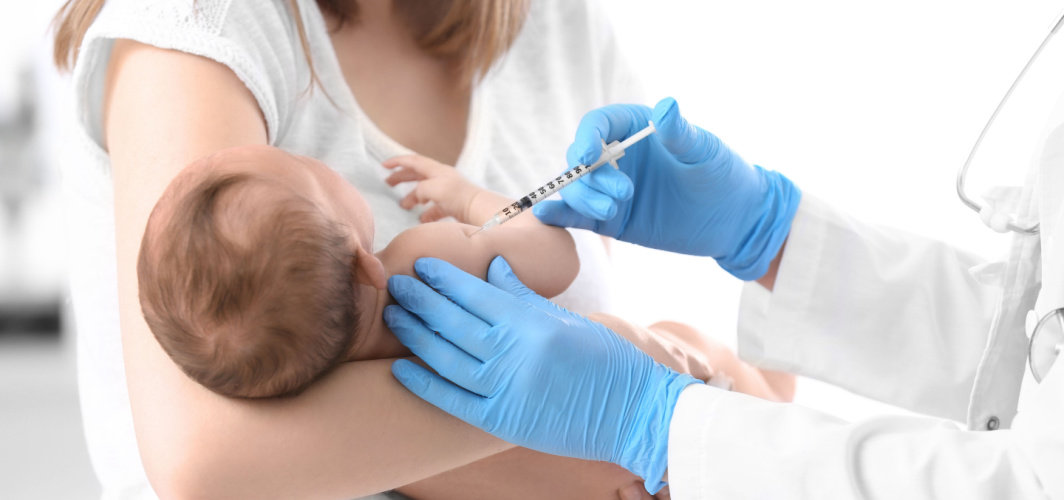- Home
- Blog
- Mom & Baby Care
Second Trimester Diet: Here’s What To Eat And What To Avoid
Mom & Baby Care
Second Trimester Diet: Here’s What To Eat And What To Avoid
By Apollo 24|7, Published on- 09 March 2023, Updated on -20 July 2023
Share this article
0
0 like

While the second trimester of pregnancy is considered the golden period, it is extremely crucial for the proper development of the baby. Therefore, a pregnant woman should make conscious choices while deciding on her meals to ensure proper nutrition for her and the baby. If you are in your second trimester, read this article to know the various food items that you should eat and the ones you should avoid.
Food items you should consume
1. Iron-rich foods
When you are pregnant, iron helps in providing the baby with oxygen during its developmental phase. Iron deficiency or its imbalance during this phase could lead to anaemia, increasing the risk of premature birth and even postpartum depression. A pregnant woman should consume around 27 milligrams of iron daily during pregnancy. The food items rich in iron include lean meat, whole grains, beans, lentils, nuts, green leafy vegetables, and cooked seafood.
2. Protein-rich meals
Proteins are extremely important for the growth of the baby’s brain and spinal cord. Pregnant women also need protein for the growth of the mammary gland (glands that produce milk). A woman should consume 1.52 grams of protein per kilogram of their body weight. For instance, if your body weight is 50 kilograms then you should be consuming 76 g of protein daily. Protein-rich foods include lean meats, fish, eggs, nuts, tofu, peas, beans, and lentils.
3. Calcium-rich foods
Calcium helps in the formation of the baby’s bones and teeth. It also plays an important role in the proper functioning of the body’s muscles, nerves and circulatory system. Women should consume 1000 mg of calcium daily, during the second trimester of their pregnancy. Calcium-rich foods include dairy products such as milk, yoghurt, cheese and paneer. Foods such as white beans, almonds, sardines, salmon and eggs are also rich in calcium.
4. Vitamin D
Vitamin D is essential for the absorption of calcium in the body. It is recommended to consume 600 International Units (IU) of vitamin D every day, during pregnancy. Common sources of vitamin D include fish liver oils, beef liver, egg yolks, cheese, salmon, fresh tuna, and mackerel. Vitamin D supplements should only be taken after consulting the doctor.
5. Omega-3 rich foods
Omega-3 provides essential fatty acids to the heart, brain, eyes, immune system and central nervous system. It helps in preventing pregnancy problems such as premature birth, preeclampsia and postpartum depression. The recommended daily intake of omega-3 fats is 1.4 grams. Oily fishes such as salmon, sardines, herring, mackerel and fresh tuna are rich in omega-3 acids. Vegetarian women can take algae-based supplements after consulting with their doctor.
6. Folates
Folate/ folic acid helps in preventing neural tube defects in the baby and reduces the risk of premature birth. According to research folic acid also helps in reducing the risk of congenital heart defects. Pregnant women are advised to consume 400 to 800 mcg of folate or folic acid daily. The most common sources of folic acid include leafy dark green vegetables such as spinach and cabbages, oranges, whole grains and legumes.
7. Fluids
You need to stay hydrated during pregnancy as water helps in the formation of the placenta and the amniotic fluid. If you are pregnant then you should be consuming at least 8 to 12 glasses of water every day.
Food items you should avoid
Here is a list of a few food items that people should avoid during pregnancy:
1. Raw fish, eggs, and meat
Raw or undercooked fish such as shellfish can lead to viral, bacterial and parasitic infections. Similarly, raw eggs often have salmonella bacteria which can lead to symptoms like fever, diarrhoea and vomiting.
2. Unpasteurised dairy food items
Unpasteurised dairy products can lead to several foodborne illnesses such as listeriosis. Hence, make sure that you are checking the labels before consuming any dairy product.
3. Cheese
Soft cheese such as brie, feta and blue cheese contain heavy metals and bacteria which can lead to infection.
4. Artificial food items
Processed food items are typically low in nutrients and rich in fats, sugar and carbon. Gaining excessive weight through the consumption of packed food can lead to several complications such as gestational diabetes.
Apart from these, alcohol should be avoided completely during pregnancy as it can lead to miscarriage, stillbirth and Foetal alcohol spectrum disorders (FASD). FASD can lead to physical, behavioural and intellectual disabilities in your child. Caffeine is also expected to be consumed in limited amounts (not more than 200 milligrams) during this period.
If you are allergic to certain food items mentioned in this topic or are still confused about the diet plan you should follow for the proper growth of your baby, then you should take your doctor’s advice.
Consult Apollo's Expert Gynaecologists
Medically reviewed by Dr Sonia Bhatt.
Services
Mom & Baby Care
Leave Comment
Services
Recommended for you

Mom & Baby Care
Tips For Managing Postpartum Depression And Anxiety
The article discusses postpartum depression and anxiety, its common signs and symptoms, and coping strategies for new mothers to manage this mental health condition. It emphasizes seeking support from loved ones and professional help when needed.

Mom & Baby Care
Vaccination Schedule For Babies: When To Immunize And What To Expect?
The article highlights the necessity of immunising neonates against dangerous infections. It describes the recommended vaccines for newborns and emphasises the need of sticking to a vaccine schedule to guarantee the best possible protection for babies.

Mom & Baby Care
What Nutrients Are Present In Breast Milk?
Discover the amazing components of breast milk, tailored to provide the best nutrition and immunity for your precious little one.
Subscribe
Sign up for our free Health Library Daily Newsletter
Get doctor-approved health tips, news, and more.


